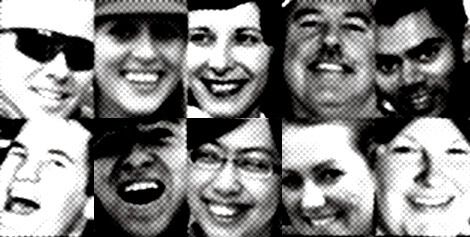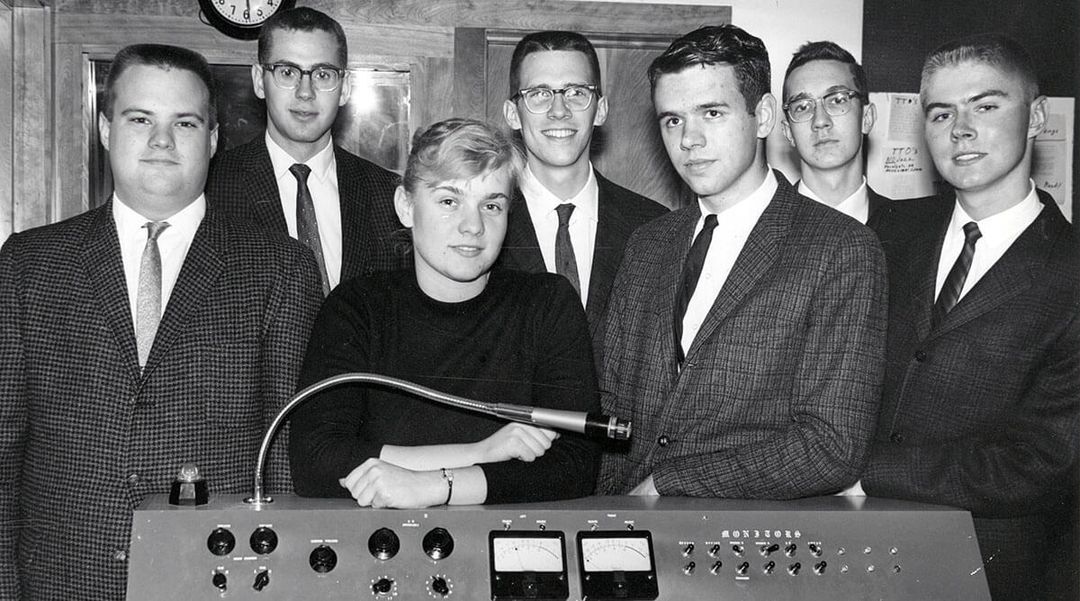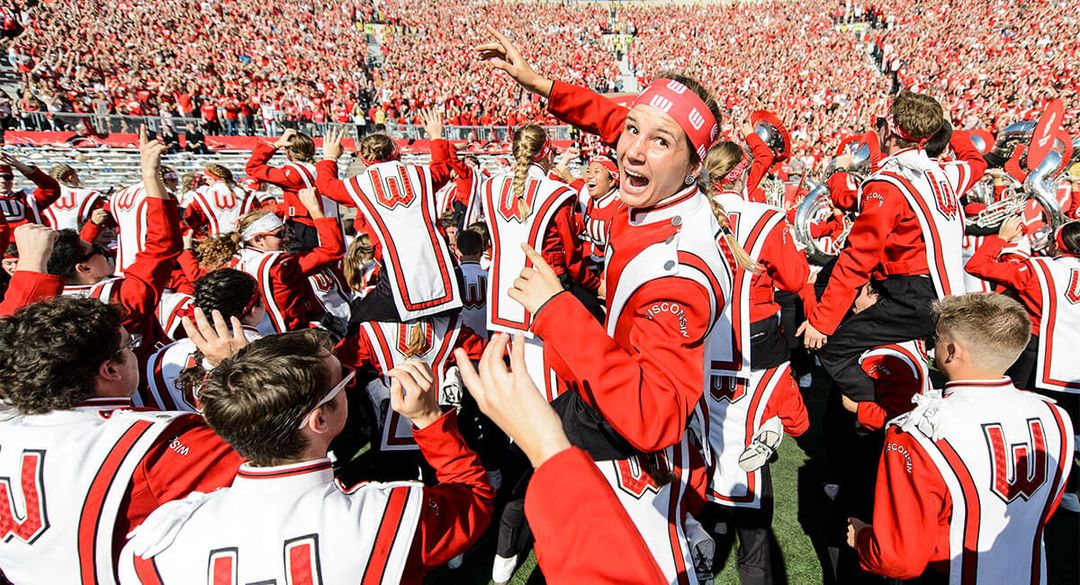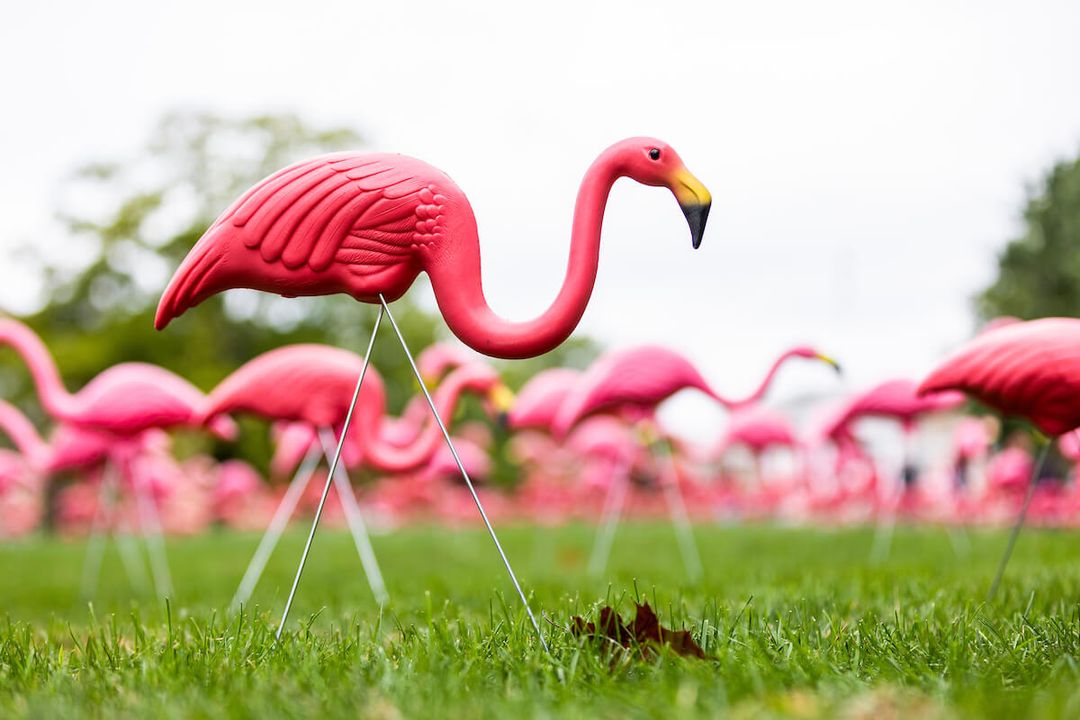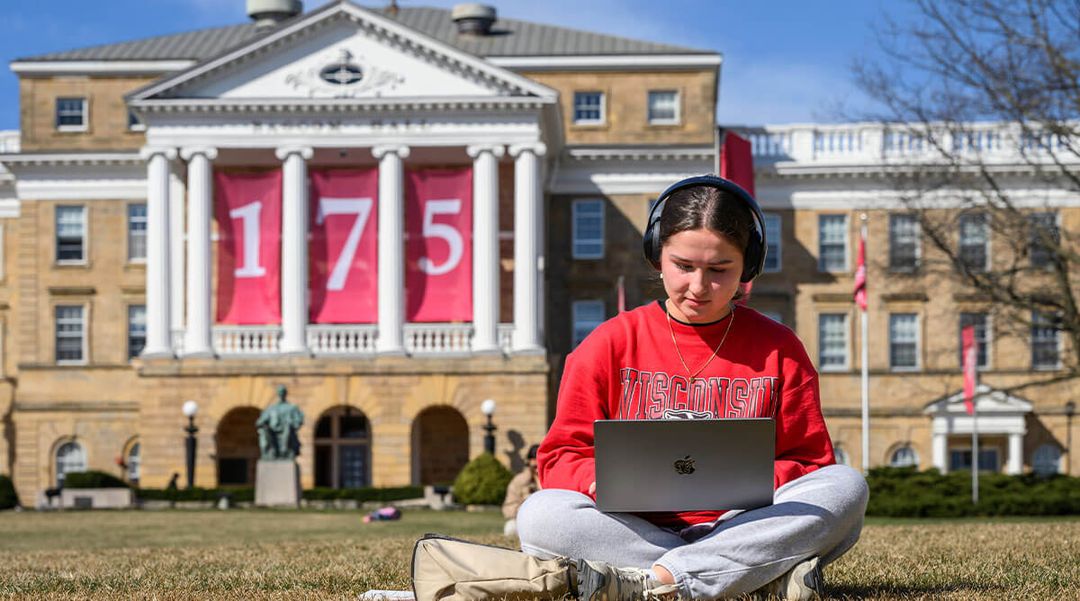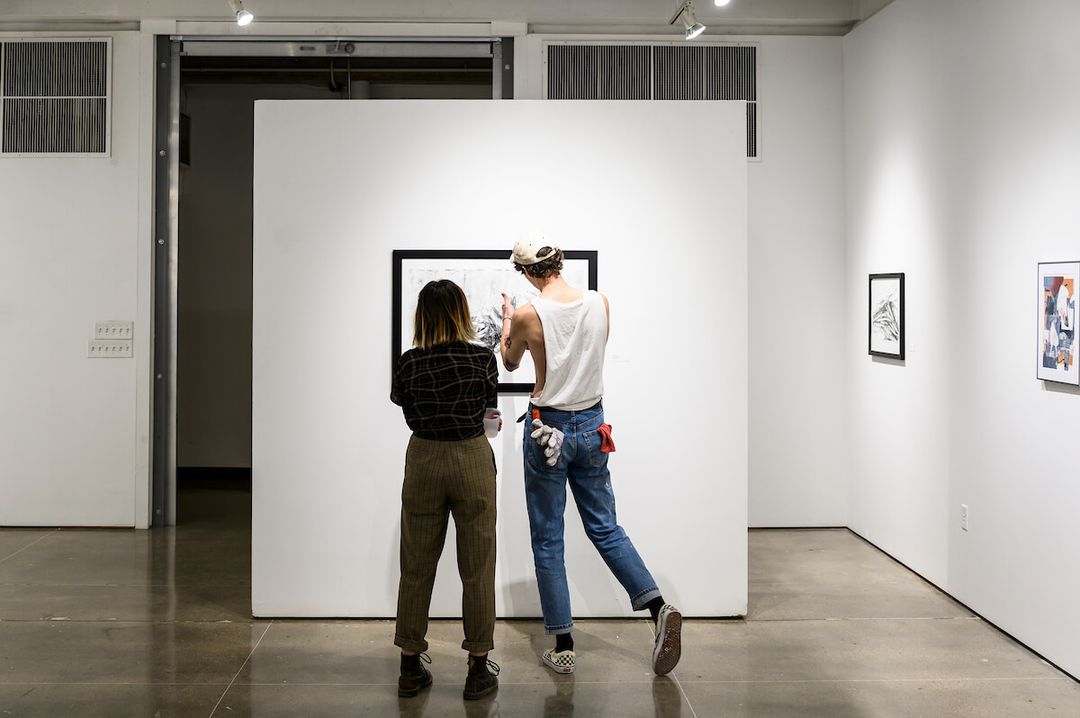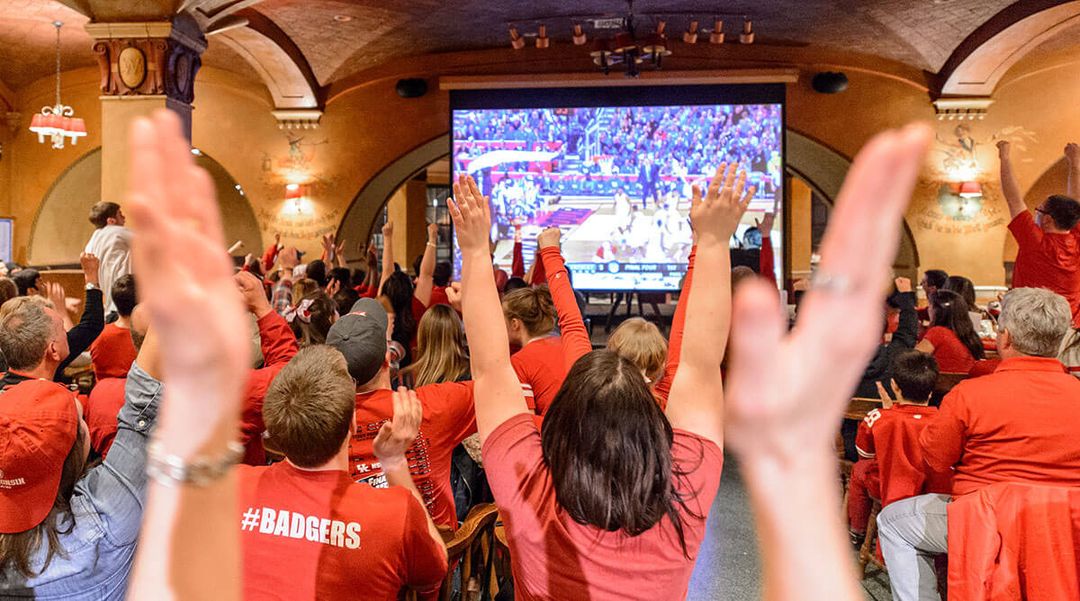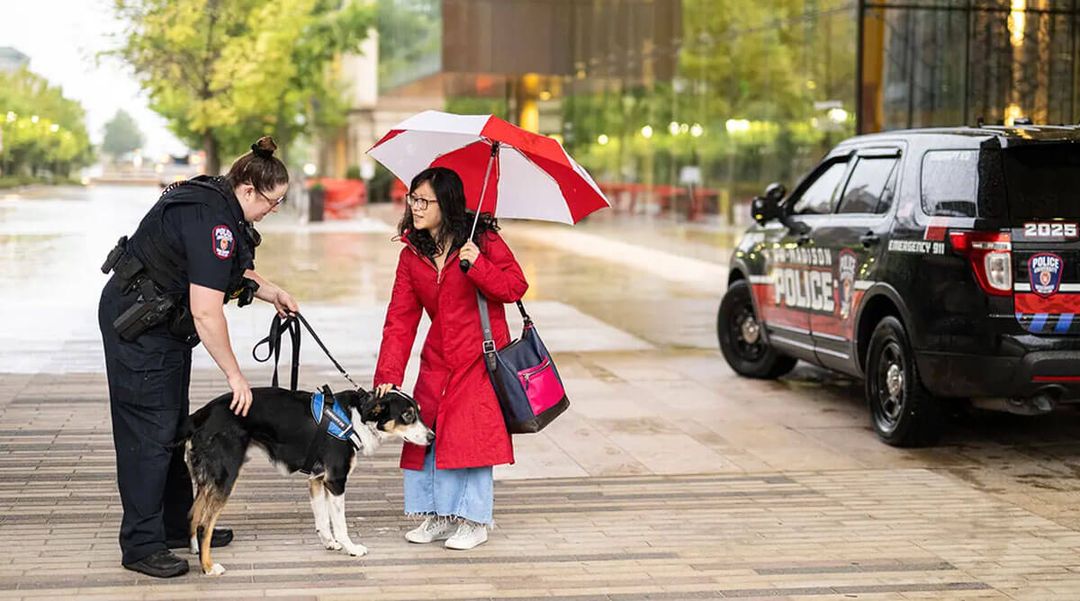Former roommates beam as they recognize each other across Library Mall.
An alumna smiles as she dreams of the good ol' days on campus.
A family of Badgers laughs together over plates of Friday night fish and the sounds of a cappella ringing through Union South.
It won’t be hard to miss the hundreds of grinning UW grads back on campus later this month during Alumni Weekend 2012.
Observing some of these smiles will be Paula Niedenthal '81, a UW-Madison psychology professor who studies how people understand each other’s emotions based on facial expression — specifically smiles. She says there’s a great deal of interest in how people interpret smiles.
From campaigns in Russia to encourage more smiling, to corporations in Asia that teach customer-service employees the importance of a smile, “There are strong beliefs about the use and value of smiles,” Niedenthal says, “especially in health and business.”

Niedenthal is also director of research in the National Centre for Scientific Research and member of the Laboratory in Social and Cognitive Psychology at Blaise Pascal University in Clermont-Ferrand, France. The author of more than 100 articles, chapters and books, Niedenthal says a smile isn’t just a smile: “Smiles have potentially very different meanings. A smile can be condescending; it can be miserable; it can be all sorts of things.”
Niedenthal says smiles are most often used to express three things: pleasure and enjoyment, which is used to reinforce other people’s behavior or our own; affiliation, which creates social bonding; and dominance, to maintain social hierarchies.
Niedenthal is one of four featured speakers at UW Showcase Day on Friday, April 27, 2012 — part of Alumni Weekend — a novel way to see the Wisconsin Idea in action through the expertise of renowned UW faculty. The lineup also includes Jon Pevehouse on political transitions in the Middle East, Claudia Card on the meaning of genocide and Don Waller on tracking ecological change in Wisconsin.
